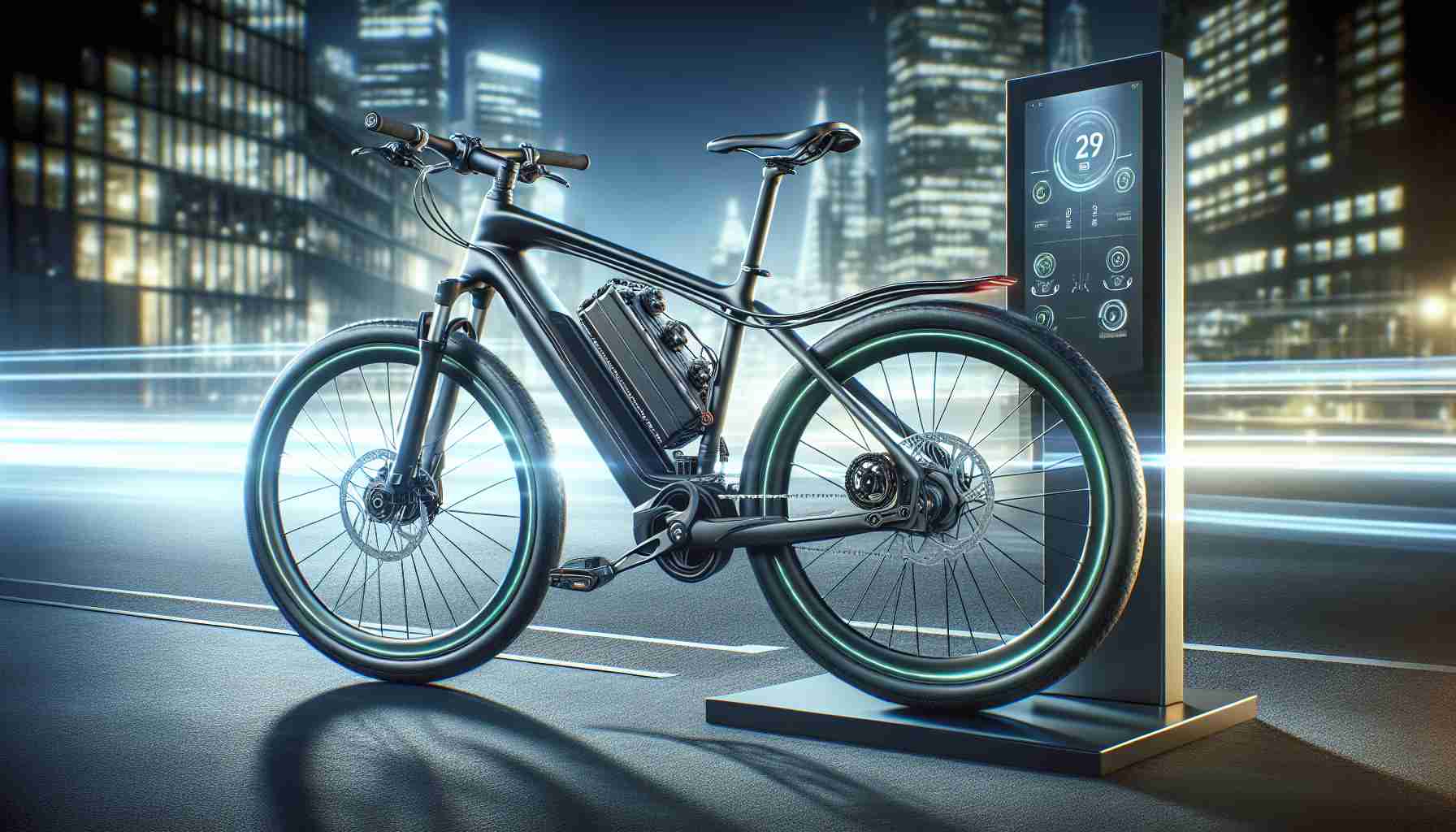In a significant development for the electric bicycle industry, Soteria Battery Innovation Group has taken a proactive step towards enhancing battery safety. They have submitted a patent for a groundbreaking technology aimed at mitigating the risks associated with e-bike battery fires, a major concern for manufacturers and users alike.
The proposed solution features a fire-retardant and thermally insulating blanket that can be seamlessly encased around each battery cell in an e-bike pack. This ingenious design not only acts as a barrier to prevent flames from spreading between cells but also significantly slows down the rate of heat escalation. Such innovative technology is expected to transform how e-bikes manage the risks tied to battery fires, paving the way for safer rides.
As e-bikes gain traction in urban transportation, ensuring their safety becomes increasingly imperative. Fire incidents can pose a serious threat to both individuals and property; hence, this new safety measure has the potential to instill confidence among users. By prioritizing safety through this innovation, Soteria aims to not only protect consumers but also bolster the e-bike market’s credibility. This advancement signifies a notable stride in responsible battery design, promoting a future where consumers can enjoy electric bikes with peace of mind. The ongoing evolution of safety technologies in the e-bike sector illustrates a commitment to addressing emerging challenges while fostering sustainable transport solutions.
In recent years, the electric bicycle industry has witnessed unprecedented growth, driven by a surge in environmental awareness and urban congestion concerns. As a result, e-bikes have become a popular alternative to traditional transportation methods, with a market that’s projected to continue its upward trajectory. According to market research, the global e-bike market is expected to reach approximately $38 billion by 2025, growing at a compound annual growth rate (CAGR) of about 10-12%. This robust growth indicates a burgeoning consumer base, as well as increased investment in research and development of more advanced and safer e-bike technologies.
Battery Safety Challenges in the E-Bike Industry
Despite the promising prospects, the e-bike industry faces significant challenges, primarily pertaining to battery safety. The lithium-ion batteries used in e-bikes, while efficient, have been associated with fire hazards. High-profile incidents not only risk consumer safety but also damage manufacturers’ reputations and could deter potential customers from adopting this eco-friendly mode of transport. Recent studies indicate that battery-related incidents account for a notable percentage of e-bike complaints, further underscoring the need for innovative solutions like the one developed by Soteria.
The introduction of Soteria’s fire-retardant and thermally insulating blanket heralds a new era for e-bike battery design. With effective fire prevention measures in place, the industry can not only enhance consumer safety but also boost confidence in e-bike technology. This innovation aligns with broader regulatory trends, as governments and safety organizations start to impose stricter safety standards for electric vehicles, including e-bikes.
Market Trends and Future Directions
As the e-bike market expands, several trends are manifesting. The increasing demand for e-bikes is closely tied to urban mobility solutions, particularly as cities aim to reduce traffic congestion and pollution. In addition, an emphasis on sustainability is prompting manufacturers to develop more environmentally friendly products, which may include using recyclable materials and energy-efficient manufacturing processes.
Moreover, the integration of smart technologies is on the rise, with features such as GPS tracking, app connectivity, and enhanced battery management systems becoming more common. Such advancements not only improve user experience but also serve to optimize battery life and performance, further mitigating safety risks.
Ongoing Industry Challenges
However, alongside these advancements, the industry must also navigate several challenges. The supply chain for batteries—predominantly reliant on materials like cobalt and lithium—is fraught with issues related to sourcing, environmental concerns, and ethical implications of mining. These factors could influence battery prices and availability in the long run, affecting overall e-bike affordability and access.
Additionally, competition within the e-bike market is intensifying as both established automotive manufacturers and new startups vie for market share. This competitive landscape necessitates continuous innovation to differentiate products, particularly in safety features and technology integration.
In conclusion, as the e-bike industry evolves, the significance of battery safety cannot be understated. Innovations like those proposed by Soteria are crucial for addressing safety concerns and will likely play a vital role in shaping the industry’s future. Stakeholders—ranging from manufacturers to consumers—must remain vigilant and proactive in embracing safety advancements to ensure sustainable growth and consumer trust.
For further insights into the electric bicycle market, you can explore main resources like Statista and MarketWatch.

















